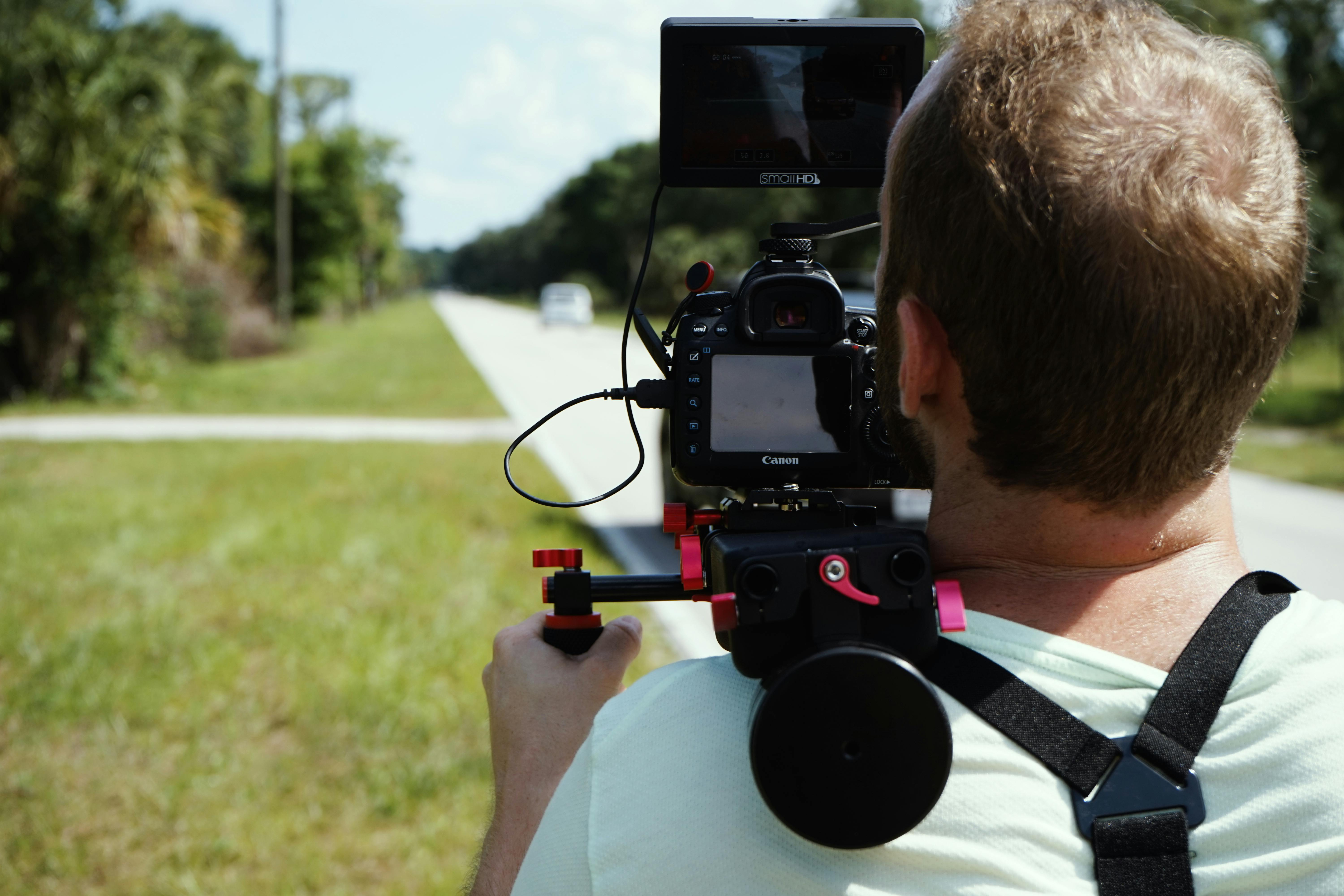This fall, a documentary called “The Social Dilemma” began airing on Netflix. In it, former employees of large technology companies are interviewed and it is told how their work initially seemed to be of help to society but later, due to its impact, led them to resign from their positions.
The actors who play a family in this show have different ways of interacting with social networks. A teenage son, who is constantly online, is faced with the challenge of not touching his phone for a week and, if successful, he would receive a new screen to replace the one that is broken. Unfortunately, the notifications and the ways that social media had manipulated him to be an important part of the adolescent’s life, prevent him from lasting more than a couple of days.
The social dilemma points to the fact that the word “user” describes not only a person on social media, but also a person who is involved with substance abuse.
This week, Prince Harry’s wife, Megan Markle, has come under fire for claiming the same thing. Maybe you saw the documentary!
The diagnosis of mental health is made using the criteria of the Diagnostic and Statistical Manual (DSM-5) published by the American Psychiatric Association. Social media addictions are not given status and Internet Gaming Disorder is only listed as an attempted disorder in the appendix of this manual.
There are nine criteria listed for Internet Gaming Disorder in the DSM-5 appendix, including worry, tolerance, escape, persistence, withdrawal, conflict, problems, deception, and displacement.
I didn’t grow up with computers, and due to significant changes in technology over time, I’ve been slow to transition to the options commonly used by those who are younger or more technically inclined. In fact, I’ve often had to go to the office to find my phone, which I use as an alarm clock. Forgetting it there gives you an indication of how little I think about it and how little I need of its characteristics.
Computers, phones, and other technologies are not everyone’s problem. However, it is what you do with them that can cause problems. If you find that you or your loved ones are so engrossed in social media that the listed criteria are met, it may be time to seek outside help.
Identifying and observing healthy boundaries will help you balance your time offline and your use online. Limit the time you use your phone or computer. (Set an alarm as searching the internet can be fascinating!) Do not carry your phone with you during meals or when you are with other people. Don’t trust people you don’t know who want to be your “friend.” Use your common sense when it comes to offers that seem too good to be true. (They probably are).
Also, remember to do things offline that can be neglected with excessive internet use. Go for a walk. Read a book. Call a friend. Enjoy a day without technology.
Treat the Internet as a tool instead of an intimate partner and you will soon find better mental health and balance in your life!



